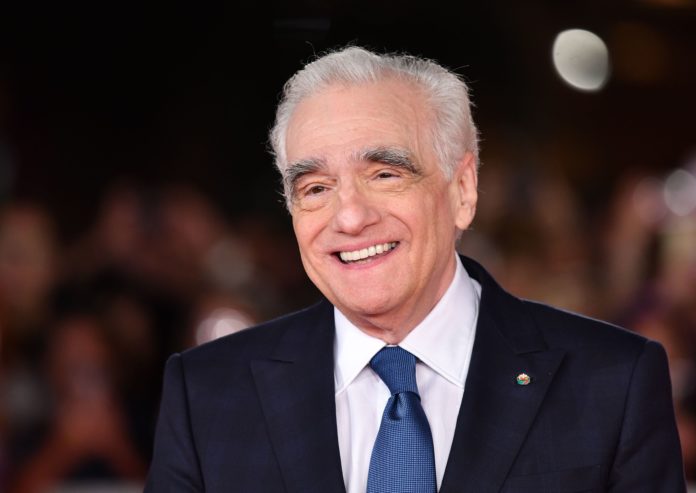Recently, Martin Scorsese caused a ruckus when he made a dig at the Marvel Cinematic Universe. He argued that Marvel films are “not cinema” and has since divided actors and directors regarding the cinematic status of the enormously popular superhero flicks.
In his original comments, Scorsese told Empire: “I don’t see them. I tried, you know? But that’s not cinema.”
He added: “Honestly, the closest I can think of them, as well made as they are, with actors doing the best they can under the circumstances, is theme parks. It isn’t the cinema of human beings trying to convey emotional, psychological experiences to another human being.”
Guardians of the Galaxy director James Gunn immediately jumped to Marvel’s defense alongside MCU star Karren Gillen and X-Men director Joss Whedon. Since then, Iron Man director Jon Favreau has taken Scorsese’s side, saying the acclaimed director can “express whatever opinion they [Scorsese and Francis Ford Coppola] like.” Doctor Strange star Benedict Cumberbatch has also jumped to Scorsese’s defense, supporting his claim that Marvel is taking over everything. He clarified: “We don’t want one king to rule it all and have a monopoly.”
So is Scorsese right? Is Marvel just mainstream pseudo-cinema that is monopolizing the box office? In some ways yes, his comments are fair and as an acclaimed auteur, he has earned the right to make them. If we compare his masterpiece The Goodfellas to the Avengers CGI fest, we can see why Marvel might come out looking like less than “cinema.”
The thing is, cinema has grown to be so much more than an art form for the elite. It has grown to be a common source of entertainment – a way to bring people together. Marvel’s popularity is evidence of this. Hundreds of millions of people attend Marvel screenings each year and it’s not just for the flashy fun of the action. To use Scorsese’s own words, Marvel films convey “emotional, psychological experiences” and it is our investment in the characters that drives the franchise to keep creating.
And so, in a nutshell, Scorsese as an artist has earned the right to question Marvel’s status in cinema. As an audience, however, we have also earned the right to redefine the status of cinema based on our consumption. And collectively, we have consumed an awful lot of Marvel.











